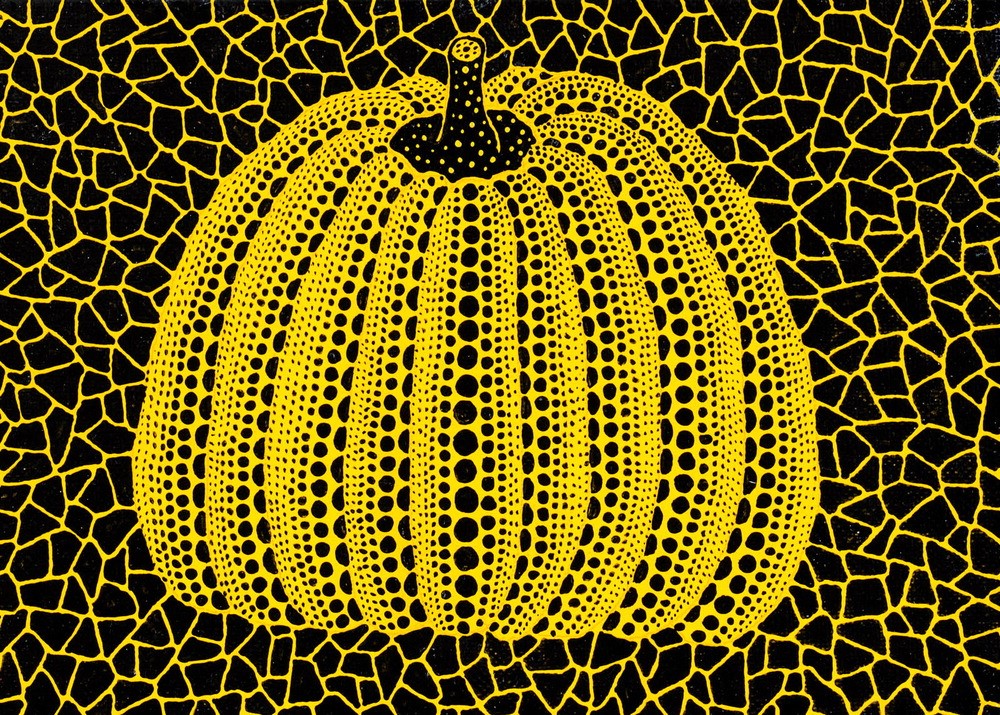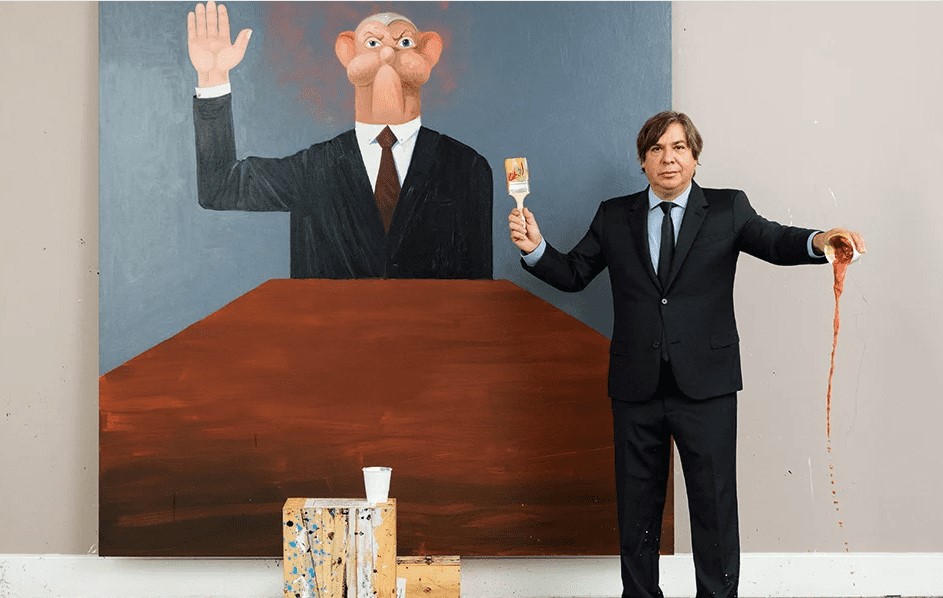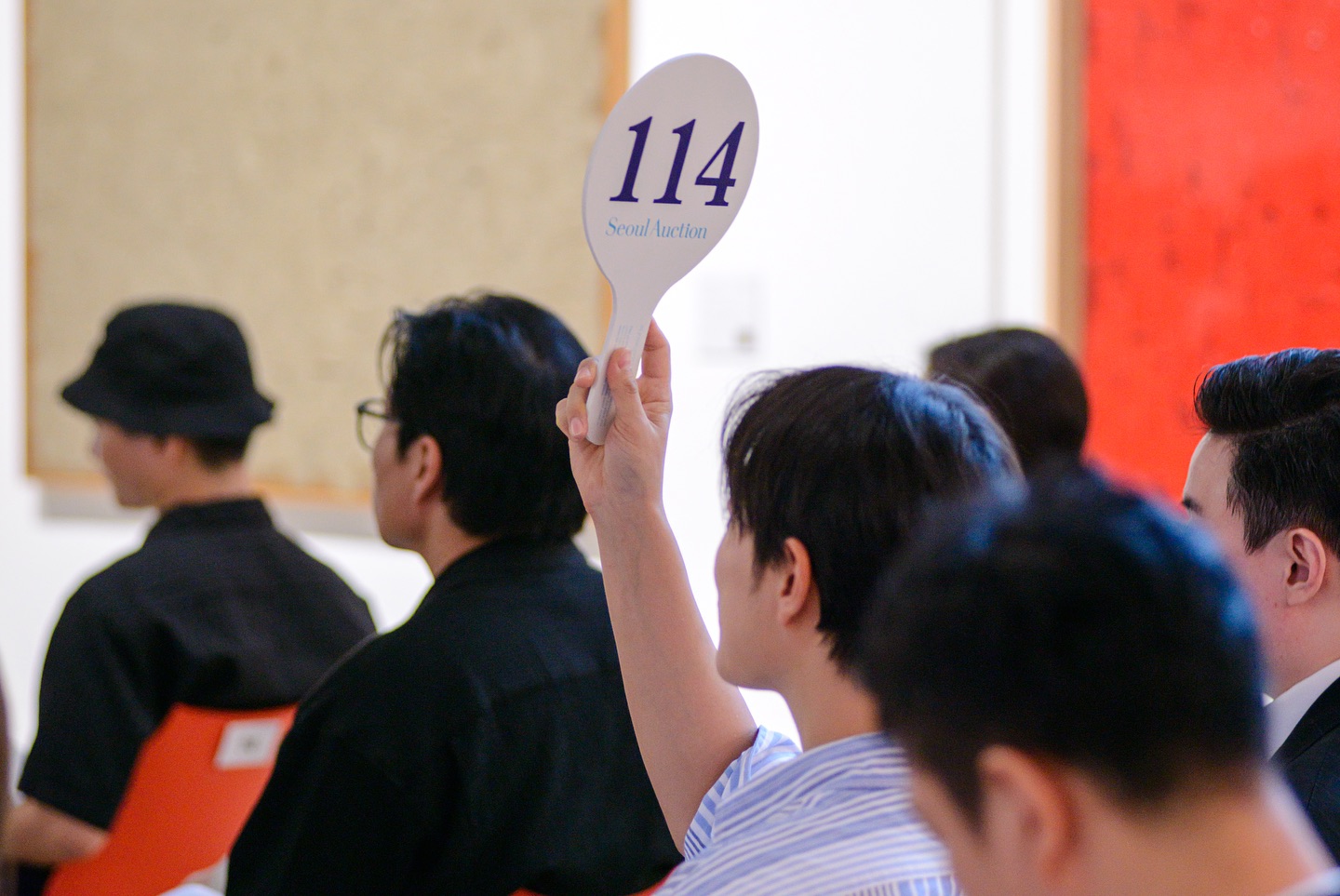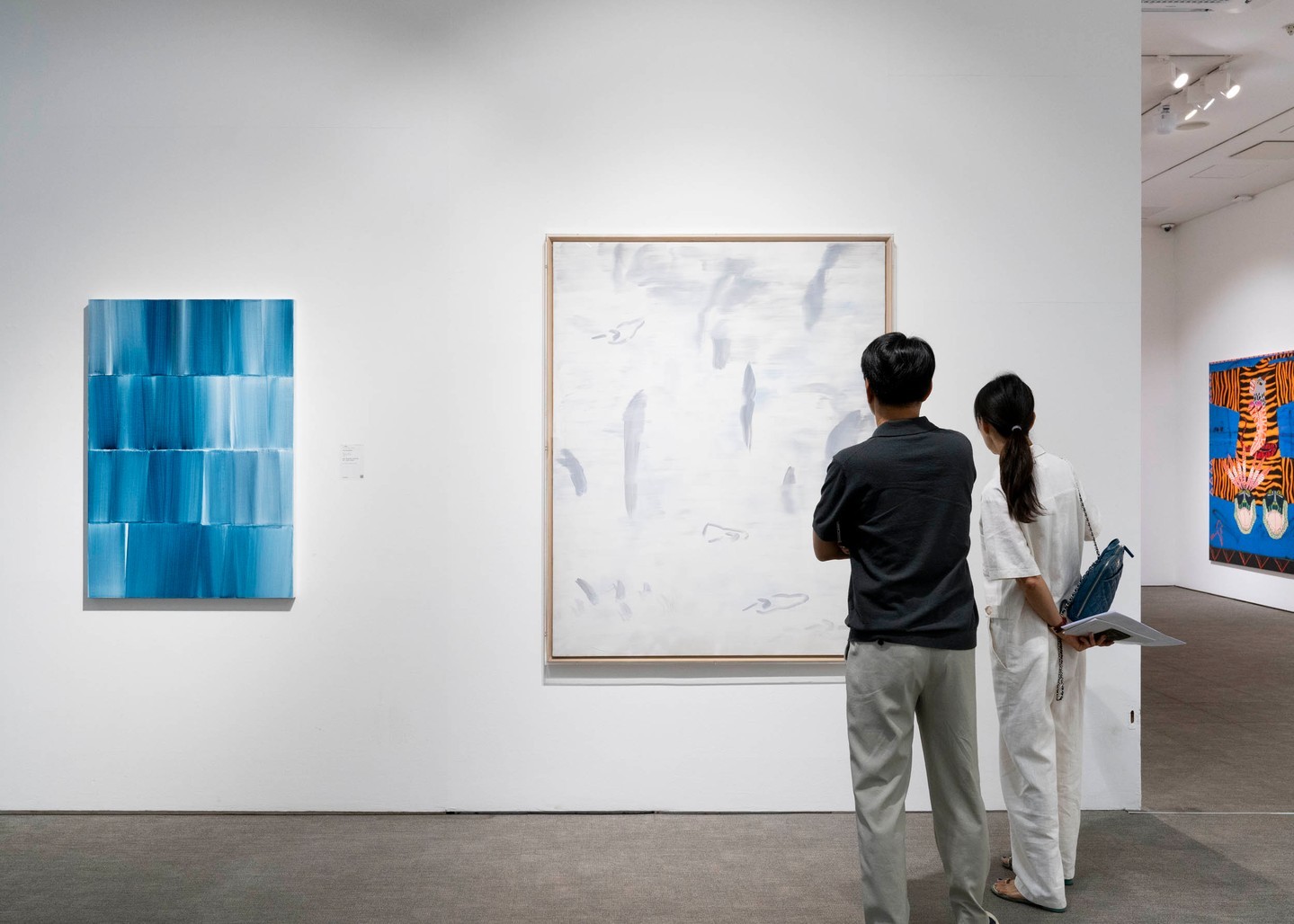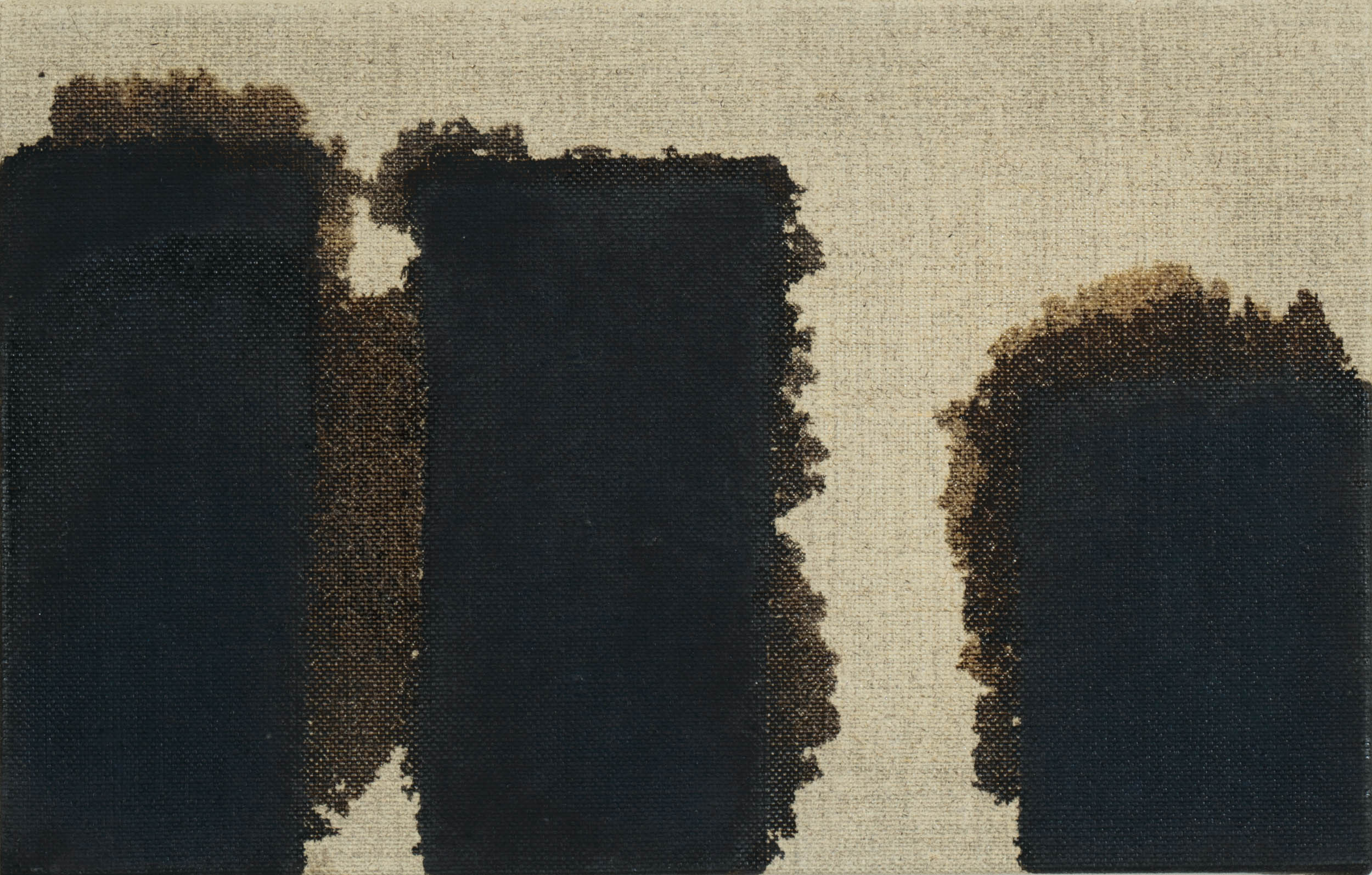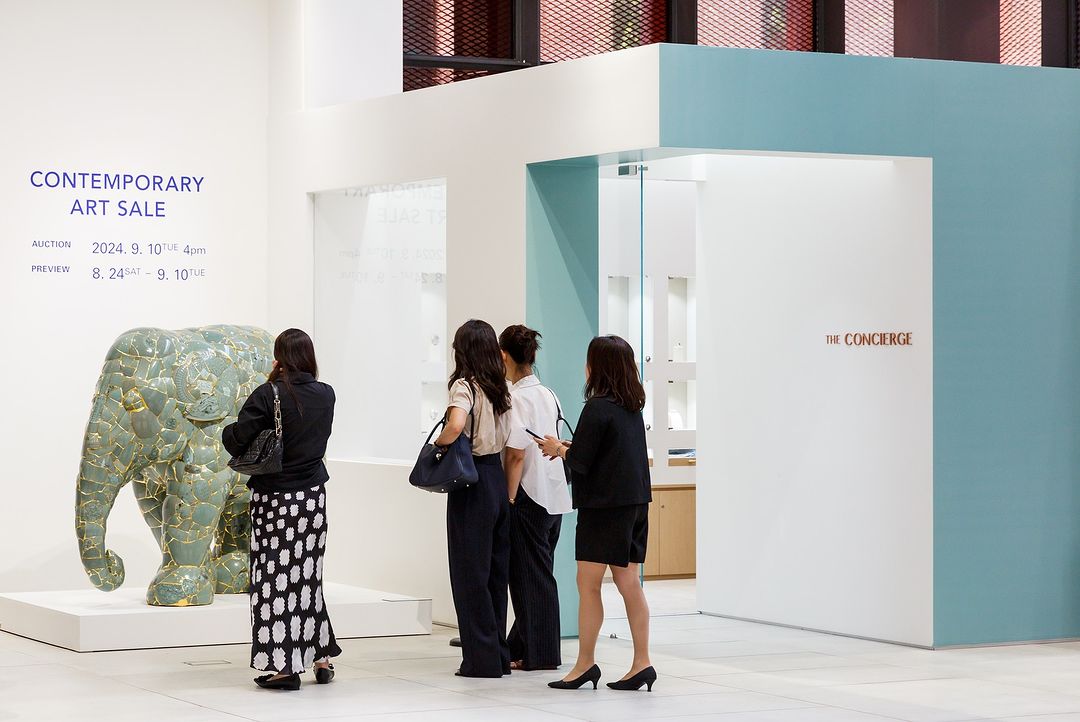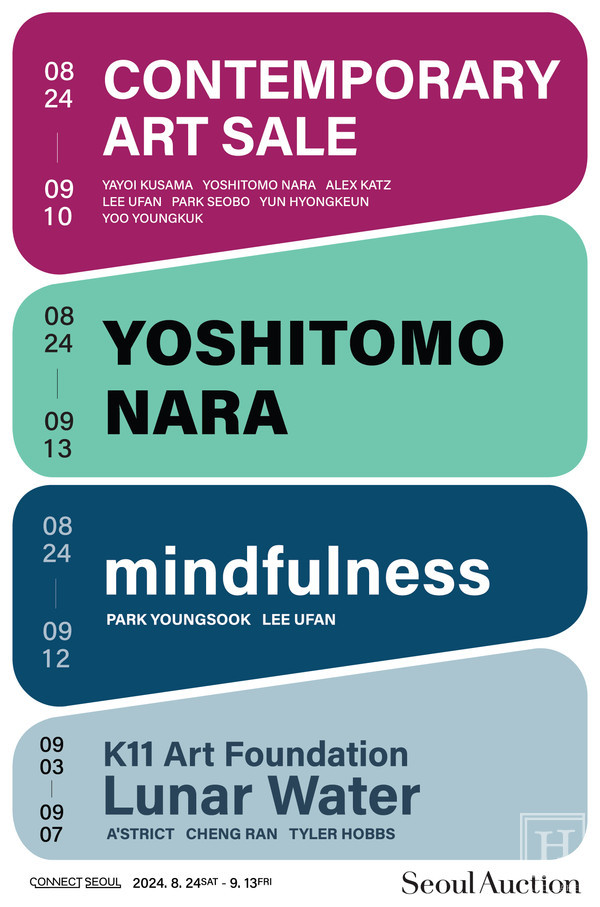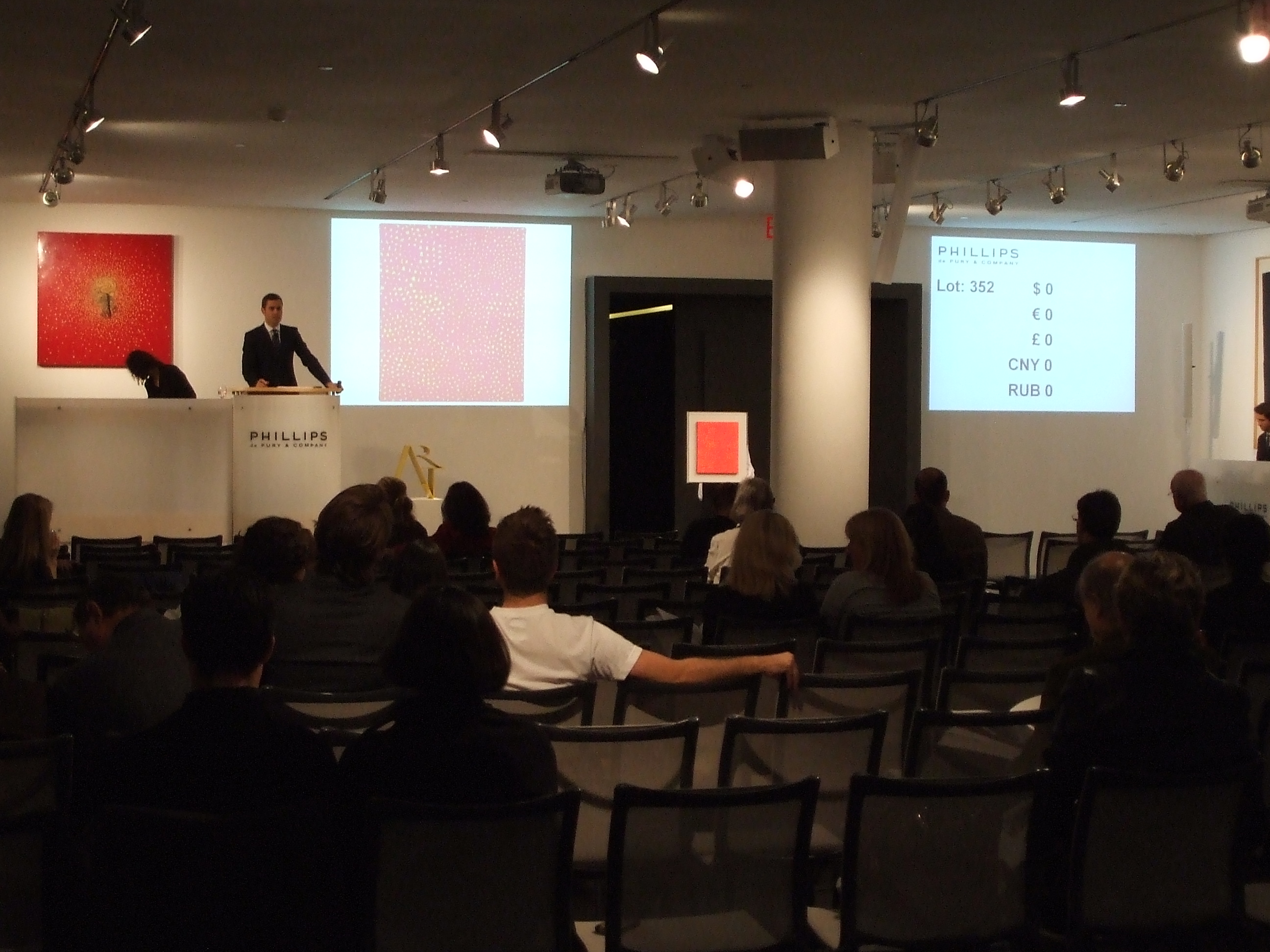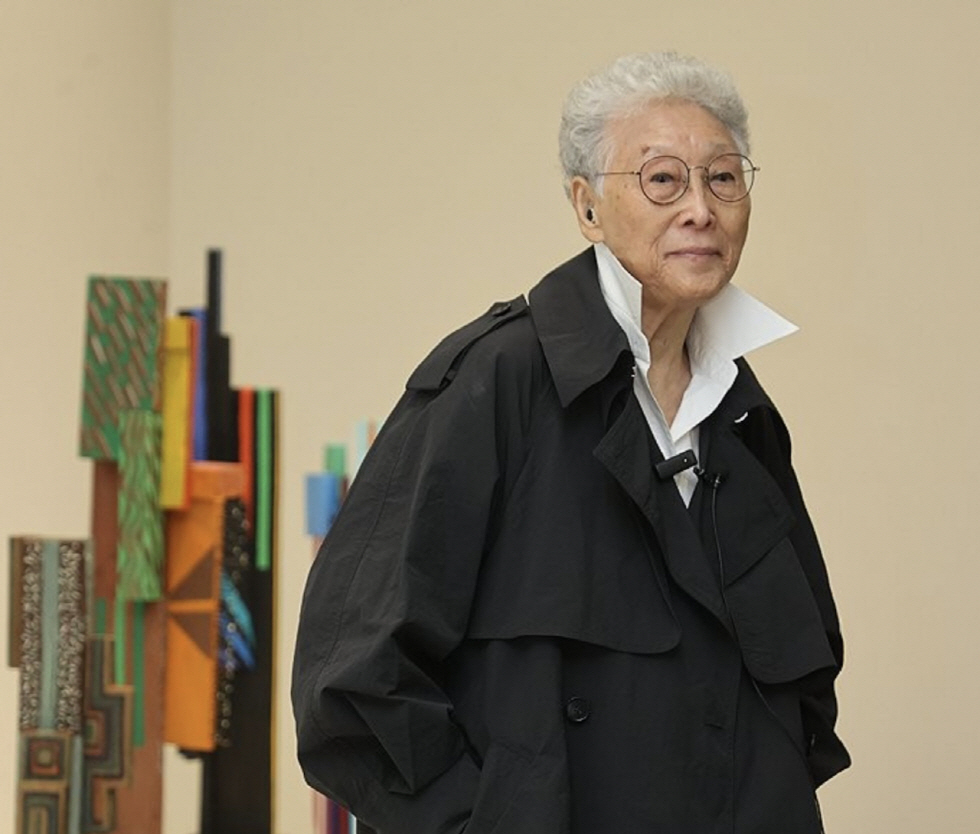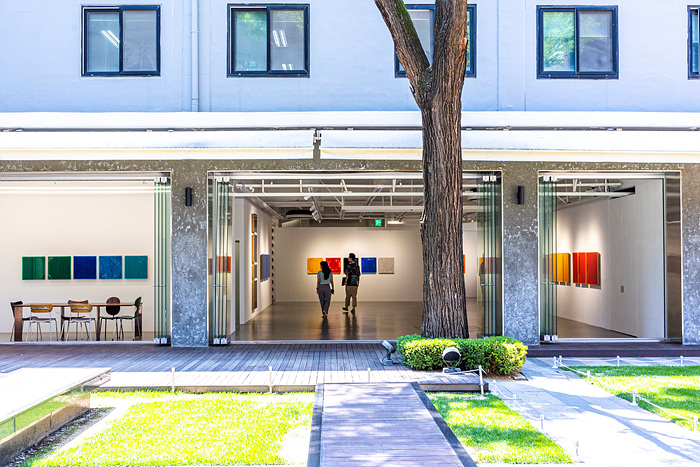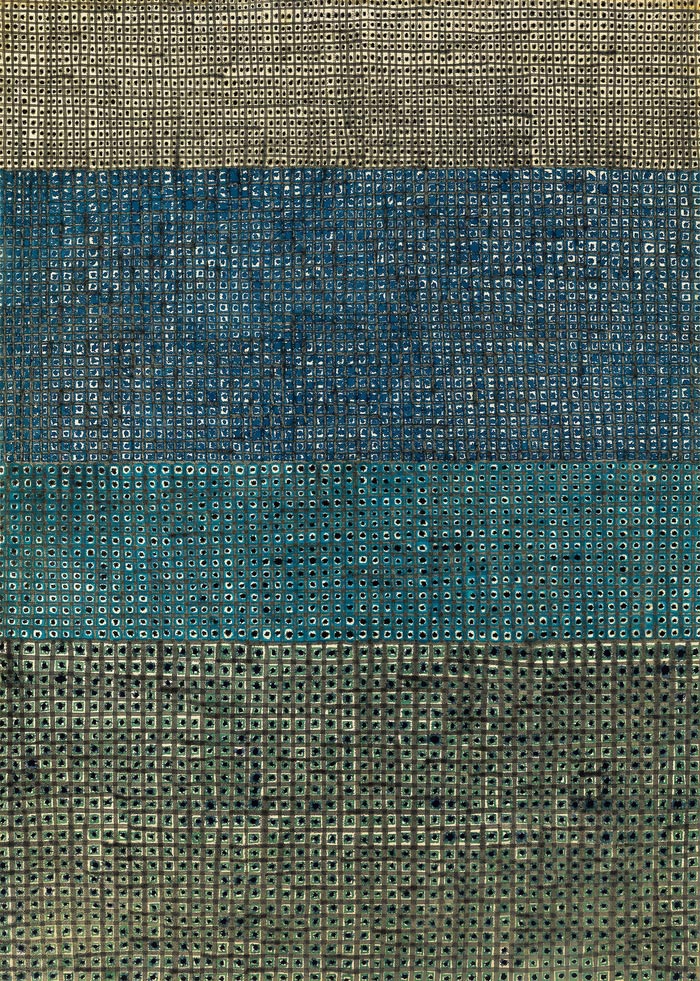Definition of Auctions
Auctions are a method of selling various items, including artworks, by starting at a predetermined price and allowing multiple buyers to competitively bid. Auctions are typically conducted by specialized auction houses and play a crucial role in the valuation and transaction of artworks. Auctioneers evaluate the authenticity, condition, and historical significance of the items, and create auction catalogs based on these assessments. Auctions are held publicly, with participants bidding in real time until the highest bid is made, resulting in the sale of the item to the highest bidder.
History of Auctions
The history of art auctions dates back to the 17th
century. During this period, auctions for art and antiques were prevalent in
Europe, particularly in the Netherlands and England. Sotheby's, founded in
England in 1744, is one of the oldest auction houses in the world and remains a
key player in the art auction market today. Christie's, established in 1766, is
another leading auction house, conducting numerous significant art auctions
annually. In the modern era, the auction market has globalized, with major
auctions regularly held in New York, London, Paris, and Hong Kong.
As the art auction market globalized, cities like New
York, London, Paris, and Hong Kong became key centers for large-scale auctions,
attracting collectors and dealers worldwide. These cities serve as important
art market hubs where diverse artworks are traded.
In New York, alongside Sotheby's and Christie's, Phillips
is an active auction house specializing in contemporary art and design,
particularly focusing on works by young contemporary artists.
Hong Kong has emerged as a central hub for Asian art
auctions, driven by increasing demand for Asian art alongside China's economic
growth. Numerous international auction houses hold major auctions in Hong Kong,
actively trading both contemporary and traditional Asian artworks.
Notable Auction Sales
- Leonardo da Vinci's "Salvator Mundi" sold for $450 million at Christie's New York in 2017, setting a record for the most expensive artwork ever sold at auction.
- Pablo Picasso's "Les Femmes d'Alger (Version O)" sold for $179.4 million at Christie's New York in 2015.
- Francis Bacon's "Three Studies of Lucian Freud" sold for $142 million at Christie's New York in 2013.
Categories of Auctions
Auctions can take various forms, with the main types being:
- Live Auctions: Conducted in real time by an auctioneer, where participants can bid on-site, by phone, or online. Major auctions at Sotheby's and Christie's fall into this category.
- Online Auctions: Conducted over the internet, allowing participants to bid and transact through online platforms. This type is more accessible to a broader audience compared to traditional auctions.
- Private Sales: Unlike public auctions, these are confidential sales targeting specific clients. Private sales are often used for high-value items or special transactions.
- Themed Auctions: Auctions organized around specific themes or genres, such as contemporary art, impressionist works, or Asian art.
Major Auction Houses Worldwide
- Sotheby's: Founded in 1744 in London, Sotheby's is one of the world's oldest auction houses, dealing in art, jewelry, real estate, and more. With over 90 locations globally, Sotheby's conducts numerous significant auctions annually.
- Christie's: Established in 1766 by James Christie in London, Christie's has become a pivotal player in the art auction market. It regularly holds auctions in major cities like London, New York, Paris, and Hong Kong, handling billions of dollars in transactions each year.
- Phillips: Founded in 1796, Phillips specializes in contemporary art and design auctions, with a strong presence in London and New York.
Major Auction Houses in Korea
- Seoul Auction: Established in 1998, Seoul Auction is a leading Korean auction house, conducting auctions in modern and contemporary art, classical art, and antiques, contributing to the growth of the Korean art market.
- K-Auction: Founded in 2005, K-Auction is a significant Korean auction house, dealing in modern and contemporary art, classical art, and jewelry. It hosts regular and special auctions showcasing a wide range of artworks.
Roles of Auctions
Auctions play vital roles in the art market, including:
- Valuation and Establishment of Artworks' Value: Auctions provide an objective platform for assessing and establishing the market value of artworks. A high sale price at auction can enhance an artist's reputation and the market value of their works.
- Promotion of Artists and Artworks: Auctions serve as crucial promotional tools, showcasing artists and their works to a wide audience through catalogs and exhibitions, increasing visibility and exposure to collectors.
- Market Activation: Auctions stimulate art transactions and market activity, promoting both new artwork sales and the resale of existing collections, thereby invigorating the market.
- Investment and Collecting Opportunities: Auctions offer collectors and investors opportunities to acquire diverse artworks, with rare and valuable pieces serving as significant investment vehicles.
- Cultural Preservation: Auctions help preserve and transmit the cultural value of artworks by finding new owners for important historical pieces or cultural artifacts, ensuring their continued conservation and appreciation.
In summary, auctions play a crucial role in the art market by providing a platform for valuation, promoting artists and artworks, activating the market, offering investment opportunities, and preserving cultural heritage. Through these functions, auctions contribute to the growth and development of the art market.



